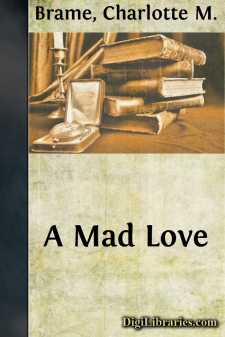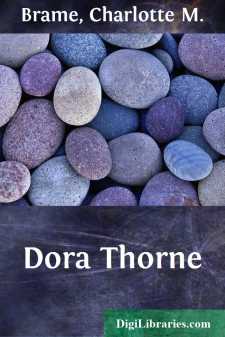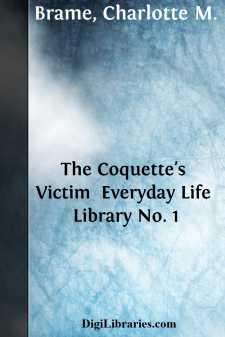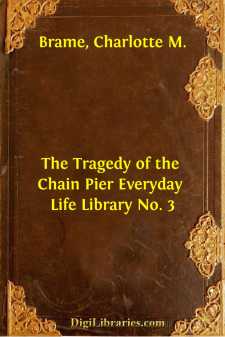Categories
- Antiques & Collectibles 13
- Architecture 36
- Art 48
- Bibles 22
- Biography & Autobiography 813
- Body, Mind & Spirit 142
- Business & Economics 28
- Children's Books 17
- Children's Fiction 14
- Computers 4
- Cooking 94
- Crafts & Hobbies 4
- Drama 346
- Education 46
- Family & Relationships 57
- Fiction 11829
- Games 19
- Gardening 17
- Health & Fitness 34
- History 1377
- House & Home 1
- Humor 147
- Juvenile Fiction 1873
- Juvenile Nonfiction 202
- Language Arts & Disciplines 88
- Law 16
- Literary Collections 686
- Literary Criticism 179
- Mathematics 13
- Medical 41
- Music 40
- Nature 179
- Non-Classifiable 1768
- Performing Arts 7
- Periodicals 1453
- Philosophy 64
- Photography 2
- Poetry 896
- Political Science 203
- Psychology 42
- Reference 154
- Religion 513
- Science 126
- Self-Help 84
- Social Science 81
- Sports & Recreation 34
- Study Aids 3
- Technology & Engineering 59
- Transportation 23
- Travel 463
- True Crime 29
Coralie Everyday Life Library No. 2
Description:
Excerpt
CHAPTER I.
"Eighty pounds a year!" My reader can imagine that this was no great fortune. I had little or nothing to spend in kid gloves or cigars; indeed, to speak plain, prosaic English, I went without a good dinner far oftener than I had one. Yet, withal, I was passing rich on eighty pounds a year.
My father, Captain Trevelyan, a brave and deserving officer, died when I was a child. My mother, a meek, fragile invalid, never recovered his loss, but died some years after him, leaving me alone in the world with my sister Clare.
When I was young I had great dreams of fame and glory. I was to be a brave soldier like my dear, dead father, or a great writer or a statesman. I dreamed of everything except falling into the common grooves of life—which was my fate in after years. My mother, believing in my dreams, contrived to send me to college—we both considered a college education the only preliminary to a golden future. How she managed it out of her slender means I cannot tell, but she kept me at college for three years. I was just trying to decide what profession to adopt, when a letter came summoning me suddenly home.
My mother was ill, not expected to live.
When I did reach home I found another source of trouble. My sister Clare, whom I had left a beautiful, blooming girl of eighteen, had been ill for the past year. The doctors declared it to be a spinal complaint, from which she was not likely to recover, although she might live for years.
She was unable to move, but lay always on a couch or sofa. The first glimpse of her altered face, so sweet, so sad and colorless, made my heart ache.
All the youth and bloom had died out of it.
My mother did not live many days; at her death her income ceased, and I found myself, at twenty, obliged to begin the world as best I could, the sole protector of my invalid sister. The first step was to sell our little home, a pretty cottage at Hempstead, then to take lodgings nearer the city; after that I set vigorously to work to look for a situation.
Ah, me, that weary task! I wonder if any of my readers ever went quite alone, friendless, almost helpless, into the great, modern Babylon, to look for a situation; if so, they will know how to pity me. I spent many pounds in advertisements; I haunted the agency offices; I answered every advertisement I read—it seemed all in vain.
My father's regiment was then in India, but I wrote to several of the officers, who had known and valued him. Then, as a last resource, I looked up the few friends my mother had.
If there is one thing more dreary than looking for a situation, it is what is commonly called "hunting up one's friends." I found many, but some were old and indifferent, others too much engrossed in their own affairs to have any time to devote to mine. Some shook hands, wished me well, promised to do all they could to help me, and before I had passed from their sight forgot my existence.
I gave up my friends. Their help in the hour of need is a beautiful theory, but very seldom put into practice....










